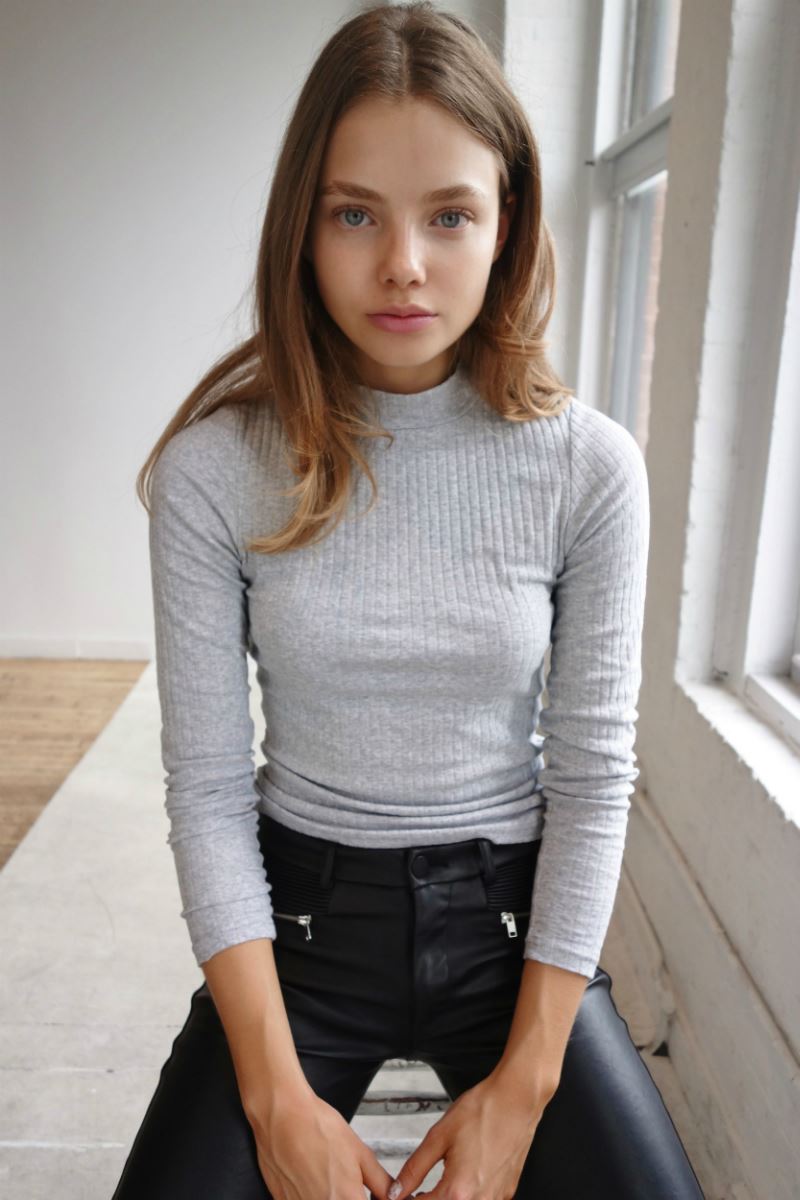

Because I am not face-out as a sex worker, the novelty of hunting down and circulating my likeness is, for some, a sport. Having been the target of several harassment campaigns, I’ve seen my image manipulated, distorted, and distributed without my consent on multiple occasions. I’m used to feeling violated by the internet. The sexualization was also often racialized: Nearly a dozen women of color told me that Lensa whitened their skin and anglicized their features, and one woman of Asian descent told me that in the photos “where I don’t look white they literally gave me ahegao face.” Another woman who shared both the fully clothed images she uploaded and the topless results they produced-which she chose to modify with “some emojis for a lil modesty cuz omg”-told me, “I honestly felt very violated after seeing it.” I, for example, received several fully nude results despite uploading only headshots.

Lensa’s terms of service instruct users to submit only appropriate content containing “no nudes” and “no kids, adults only.” And yet, many users-primarily women-have noticed that even when they upload modest photos, the app not only generates nudes but also ascribes cartoonishly sexualized features, like sultry poses and gigantic breasts, to their images. Each concern is legitimate, but less discussed are the more sinister violations inherent in the app, namely the algorithmic tendency to sexualize subjects to a degree that is not only uncomfortable but also potentially dangerous. I’ve already been lectured about the dangers of how using the app implicates us in teaching the AI, stealing from artists, and engaging in predatory data-sharing practices. Subscribe to WIRED and stay smart with more of your favorite Ideas writers.


 0 kommentar(er)
0 kommentar(er)
